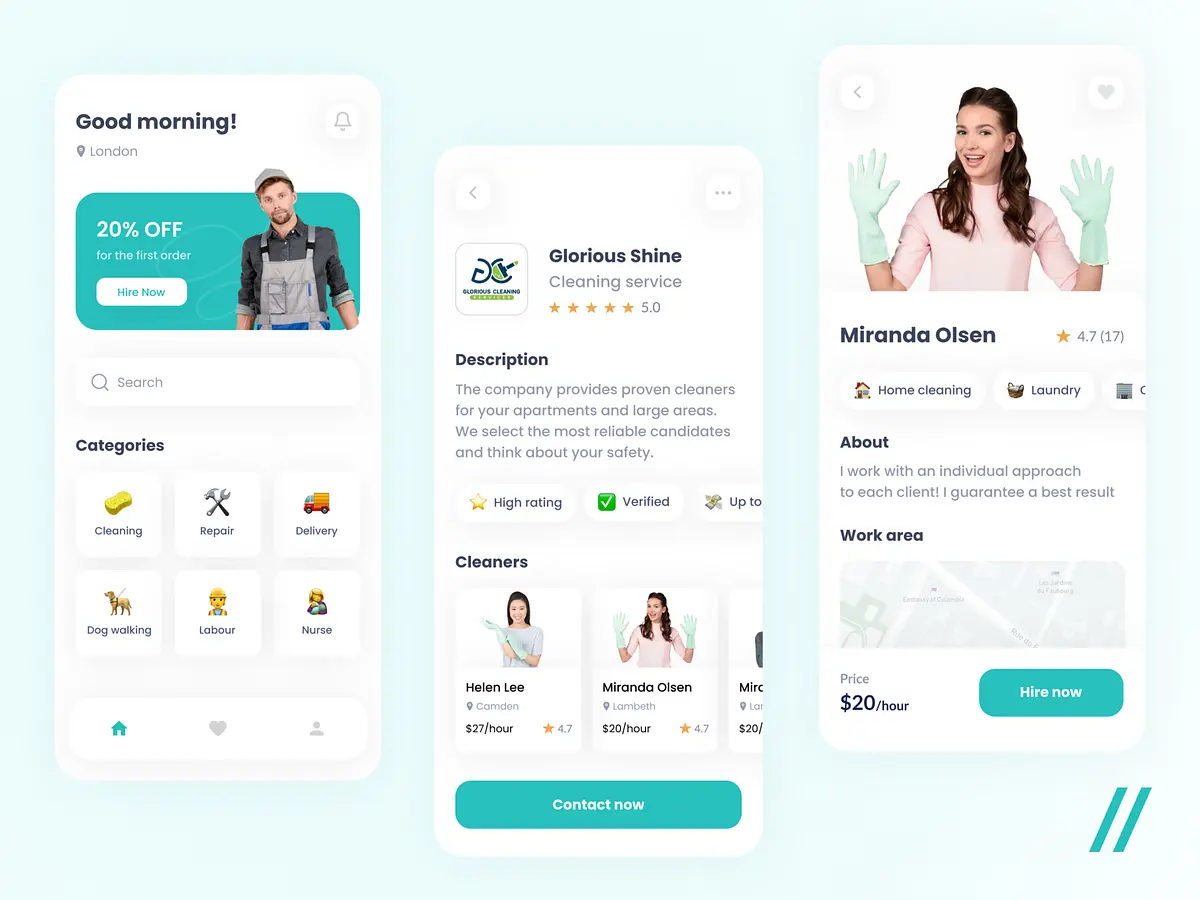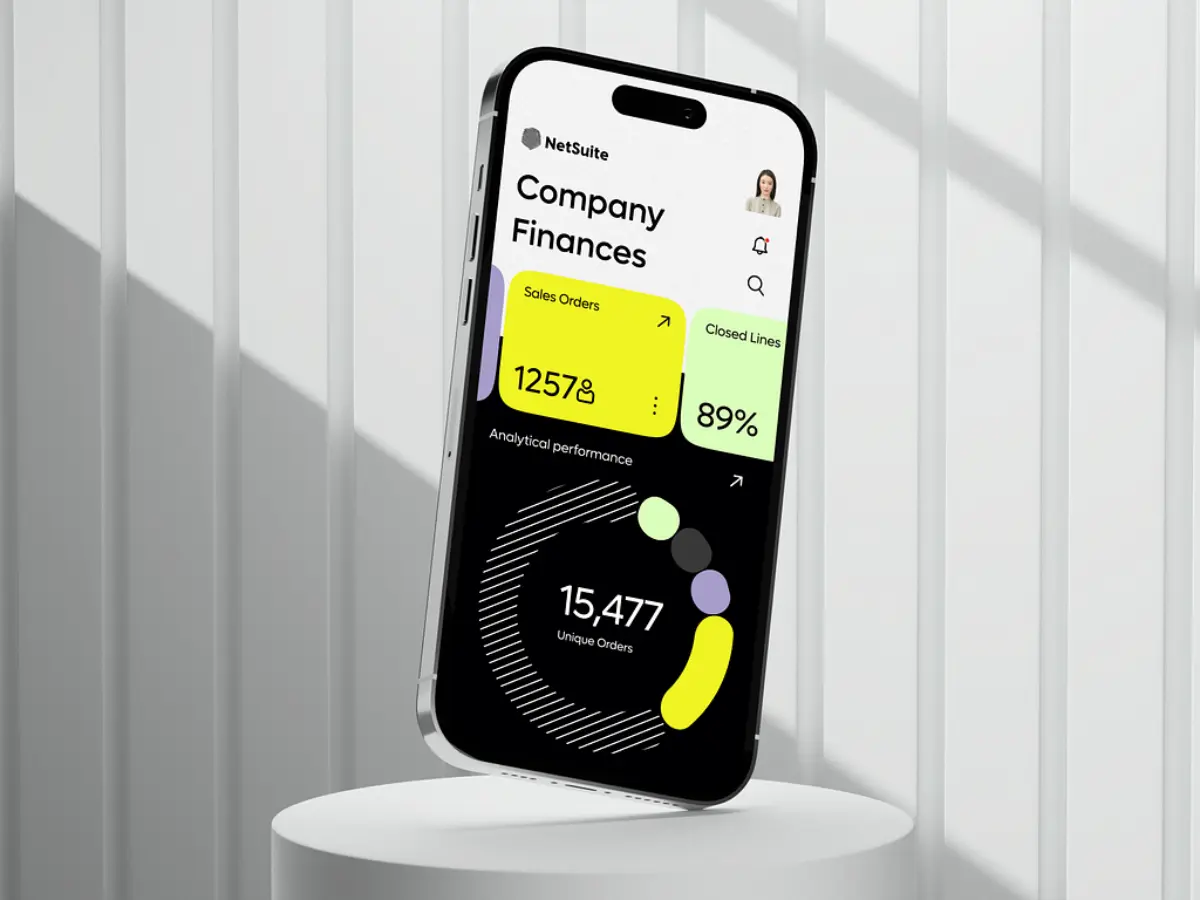Kotlin vs Java – Which One to Choose


Java was long the go-to language for app development, but it’s been gradually overtaken by Kotlin, a newer, swifter option. In May 2019, Google declared Kotlin as its preferred language for Android applications. Yet, Kotlin’s utility extends beyond just Android app creation, gaining traction in various software development sectors.
This article will make a deep Kotlin vs. Java comparison to determine whether Kotlin has become the superior choice for app development universally or if Java still holds advantages under certain conditions.
Java, developed by James Gosling, is a highly popular and widely used object-oriented programming language. It’s versatile, allowing for creating different desktop, enterprise, cloud-based, and web-based applications, often focusing on back-end development. Java is a go-to language for Android app development, with Android itself being built in Java.
Java isn’t the only language for Android development or web programming but remains a strong contender. Its ongoing popularity isn’t just because it’s been around for a while. Java is known for being scalable, strong, and secure, which explains its widespread use.
Java’s reason for being popular:

Kotlin, created by JetBrains, is an object-oriented language similar to Java. It’s a versatile, open-source language designed for practical use and Java interoperability, aiming to enhance Java models by solving API design issues.
Key aspects of Kotlin include:
Reasons to Choose Kotlin:
Learn more:
Java’s most significant benefits
| Java is Simple and Familiar | Java was simpler than its contemporaries, like COBOL, C++, and PHP. It has evolved to remain competitive with modern languages like Python and Rust, maintaining its simplicity and ease of use. |
| Java is Object-Oriented | Java has stayed true to its object-oriented roots, making it a preferred choice for domain-driven design. It also supports functional programming with features like lambda expressions and streams. |
| Java is Architecture-Neutral | Initially celebrated for its cross-platform capabilities (“write once, run anywhere”), this feature is less significant today due to technologies like Docker that offer similar benefits. |
| Java is Robust and Secure | Java ensures security and robustness through compile-time and runtime checking, removal of pointers, namespace isolation, and sandboxed execution environments. |
| Java is Multithreaded | Java was designed with built-in libraries for easy implementation of multithreading and parallelism, distinguishing it from languages like Python and JavaScript. |
| Java is Capable of High Performance | Talking about Kotlin vs Java performance. Despite the abstraction layer of the JVM, Java achieves near-native performance through optimizations in garbage collection and just-in-time compilation. |
| Java is Statically Typed and Compiled | Initially intended to be interpreted and dynamic, Java pivoted early on for better performance and maintenance, demonstrating the adaptability of its architects. |
Benefits of using Kotlin
| Kotlin for Concise Coding | Kotlin reduces code length while maintaining readability. Developed by JetBrains, it minimizes bugs by allowing developers to focus on crucial coding aspects, enhancing app development with its simplicity and clarity. |
| Kotlin Solves Real-World Problems | Created by JetBrains for practical use in IntelliJ IDEA, Kotlin complements Java and addresses common programming challenges, like null pointer exceptions, in large codebases and APIs. |
| Ease of Adopting Kotlin | Integrating Kotlin into existing projects is straightforward. Teams can start with a small part of the codebase, gradually shifting to Kotlin for better maintenance and Android app development. |
| Kotlin’s Java Compatibility | Fully compatible with Java, Kotlin allows developers to use Java frameworks and libraries while writing clearer, more concise code. It facilitates smooth migration from Java to Kotlin, even in large projects. |
| Efficient Kotlin Runtime | Kotlin vs Java runtime performance is lean, focusing on enhancing the Java standard library. Its compile-time inlining ensures functional constructs are as efficient as imperative code. |
| Kotlin for Multi-Platform Development | Kotlin extends beyond Android, supporting JavaScript and enabling front-end development. It includes Gradle support and is developing Kotlin/Native for building iOS apps. |
| Kotlin Enhances Safety | Kotlin’s design principles prevent common programming errors, increasing safety and reliability during program execution. |
| Feature Category | Kotlin | Java |
| Syntax and Conciseness | More intuitive and concise syntax. Significantly reduces boilerplate code. | Known for verbosity, it requires more lines of code, potentially leading to cluttered code. |
| Null Safety | Implements null safety at the language level. Non-null by default with safe calls. | Implements null safety at the language level. Non-null by default with safe calls. |
| Coroutines for Asynchronous Programming | Simplifies asynchronous programming with lightweight coroutines. | Uses traditional concurrency mechanisms like threads, often leading to complex code. |
| Extension Functions | Enables the addition of new functions to existing classes without modifying their original source code. | Does not support extension functions natively, requires utility classes or class modifications. |
| Functional Programming | Integrates functional programming deeply with support for higher-order functions, lambdas. | Incorporating functional aspects, especially since Java 8, but more limited than Kotlin. |
| Interoperability with Java | Fully interoperable with Java, can use Java libraries and frameworks seamlessly. | Can run alongside Kotlin but doesn’t offer Kotlin’s advanced features. |
| Compilation | Compiles to bytecode, JavaScript, or native binaries, offering flexibility in platform targeting. | Primarily compiles to bytecode for the JVM, lacks cross-platform compilation options. |
| Community and Support | Growing community, supported by JetBrains and Google, with quality resources. | Vast, well-established community with extensive resources and knowledge. |
| Learning Curve | Smoother learning curve for those familiar with Java, concise syntax and modern features. | More verbose, straightforward in some concepts but complex in others like concurrency. |
| Adoption and Usage | Rapidly gaining popularity, especially in Android development. Google’s endorsement. | More widely used globally, especially in enterprise environments, with a broad range of applications. |
When considering the best technology for building a fast and efficient app, the choice often boils down to Java or Kotlin. Both languages Kotlin vs Java, compile into similar bytecode, leading to comparable performance levels. The deciding factor is the effectiveness and efficiency of the code written.
Kotlin can reduce the time spent on development, lowering overall project costs. While Java is faster in clean builds, this advantage is often balanced out in Agile development environments where incremental builds are more common.
Kotlin often stands out as the better technological choice for applications where speed and high performance are crucial. It’s typically easier to maintain Kotlin code. However, Java is still a strong option, particularly for larger and more complex applications where its internal storage capabilities can minimize the performance gap.
The choice between Java and Kotlin also depends on your team’s expertise. If your developers are more experienced in Java, they will likely be more effective in using Java for app development. Additionally, Java’s ongoing relevance in the tech world means that apps developed in Java are unlikely to become obsolete shortly.
In summary, the selection of Kotlin or Java for building an application should be based on the particular demands of your project and the proficiency of your development team. While Java offers robustness and a vast ecosystem, Kotlin brings modern syntax and efficient coding practices, especially in Android development.
For those weighing their options or seeking expert development services in either language, TECHVIFY is your go-to partner. Our skilled developers are ready to assist you in making the best choice and provide top-notch services in both Kotlin and Java. Contact TECHVIFY for guidance and support in navigating your app development journey with confidence.


Table of ContentsI. Understanding Kotlin vs Java1. Why Java?2. Why Kotlin?II. Benefits of Kotlin vs JavaIII. Deeper Look into the Differences Between Kotlin and JavaIV. Kotlin vs Java, Which is Better? Choosing the Right One for Your Next ProjectsDevelopment Time and CostsKotlin vs Java Performance ConsiderationsExpertise and Future RelevanceConclusion Technological advancements are paving new paths for companies across different sectors, and the logistics industry is no exception. According to a survey by Gartner, 87% of supply chain professionals plan to invest in enhancing the resilience of their platforms. Logistics encompasses a broad and complex array of processes that demand the…
26 July, 2024

Table of ContentsI. Understanding Kotlin vs Java1. Why Java?2. Why Kotlin?II. Benefits of Kotlin vs JavaIII. Deeper Look into the Differences Between Kotlin and JavaIV. Kotlin vs Java, Which is Better? Choosing the Right One for Your Next ProjectsDevelopment Time and CostsKotlin vs Java Performance ConsiderationsExpertise and Future RelevanceConclusion The technology sector is advancing at an unprecedented pace, and the HR landscape is evolving right alongside it. To attract top talent, HR professionals and organizations need to stay ahead of emerging technology hiring trends. This year, we are witnessing significant shifts in hiring practices that will redefine our understanding of…
25 July, 2024

Table of ContentsI. Understanding Kotlin vs Java1. Why Java?2. Why Kotlin?II. Benefits of Kotlin vs JavaIII. Deeper Look into the Differences Between Kotlin and JavaIV. Kotlin vs Java, Which is Better? Choosing the Right One for Your Next ProjectsDevelopment Time and CostsKotlin vs Java Performance ConsiderationsExpertise and Future RelevanceConclusion Customized software plays a major role in managing various tasks within the telecom industry. It is essential for allocating numbers to subscribers and managing networks through optimized and AI-enabled routing protocols. Additionally, it aids in detecting fraud with intelligent telecom software development solutions and maintaining detailed subscriber profiles, including comprehensive call…
24 July, 2024


Thank you for your interest in TECHVIFY Software.
Speed-up your projects with high skilled software engineers and developers.
By clicking the Submit button, I confirm that I have read and agree to our Privacy Policy